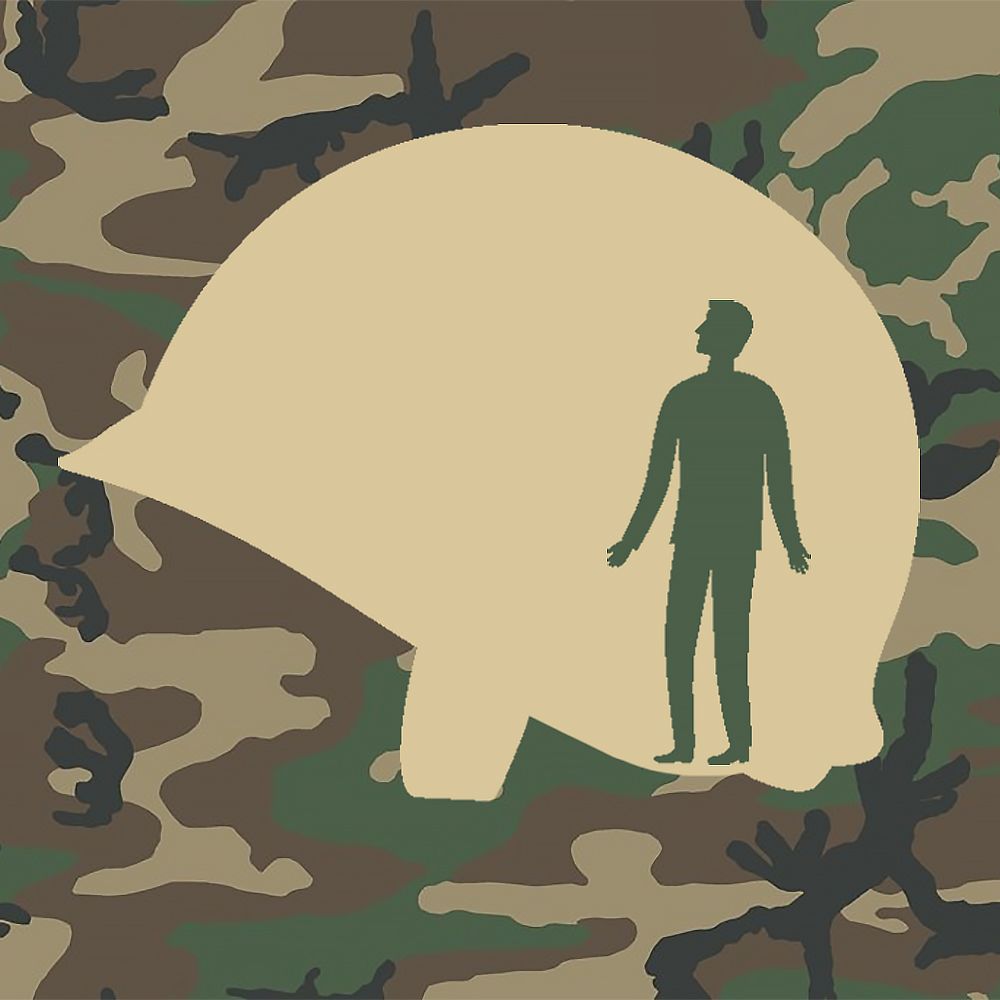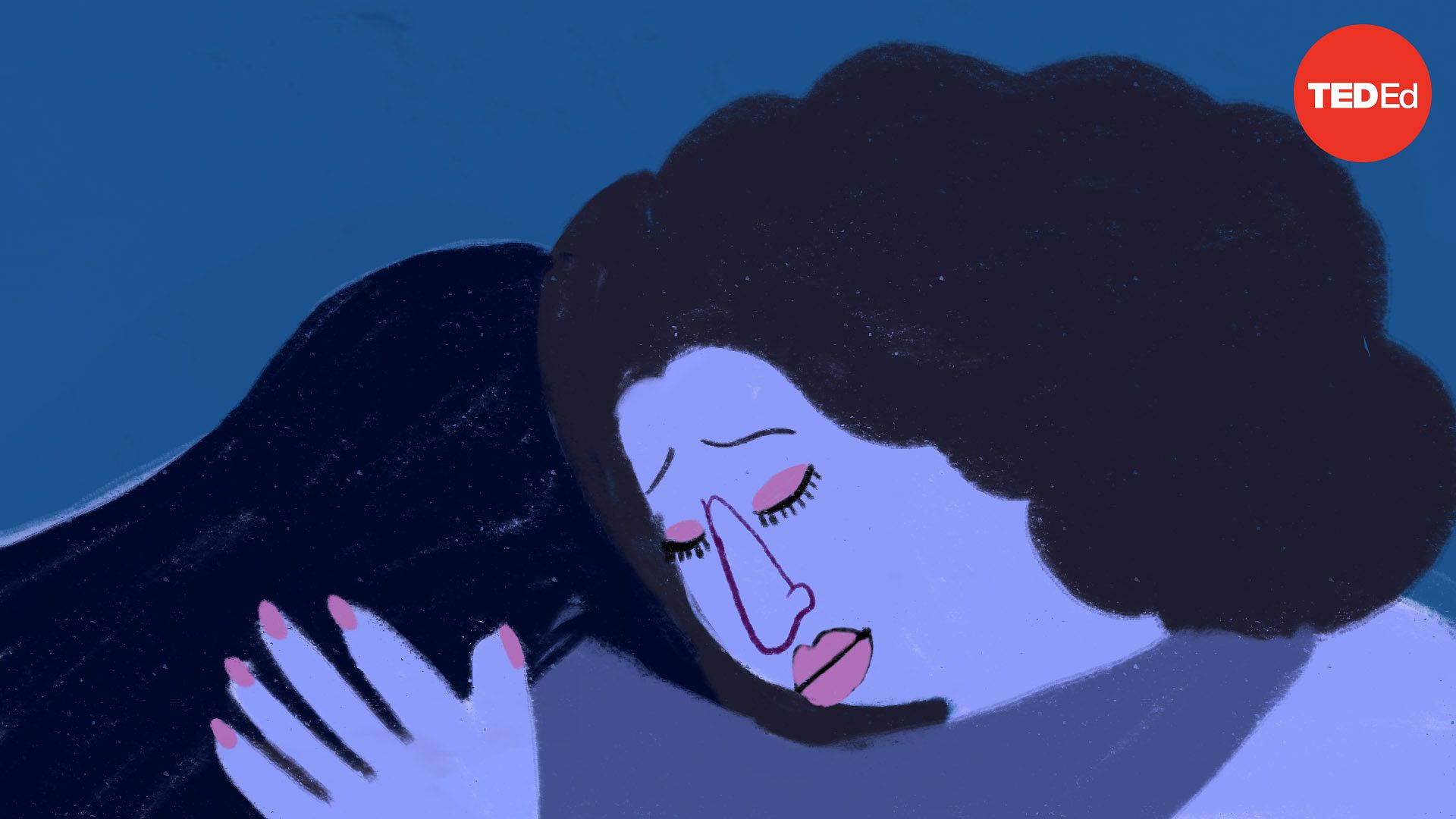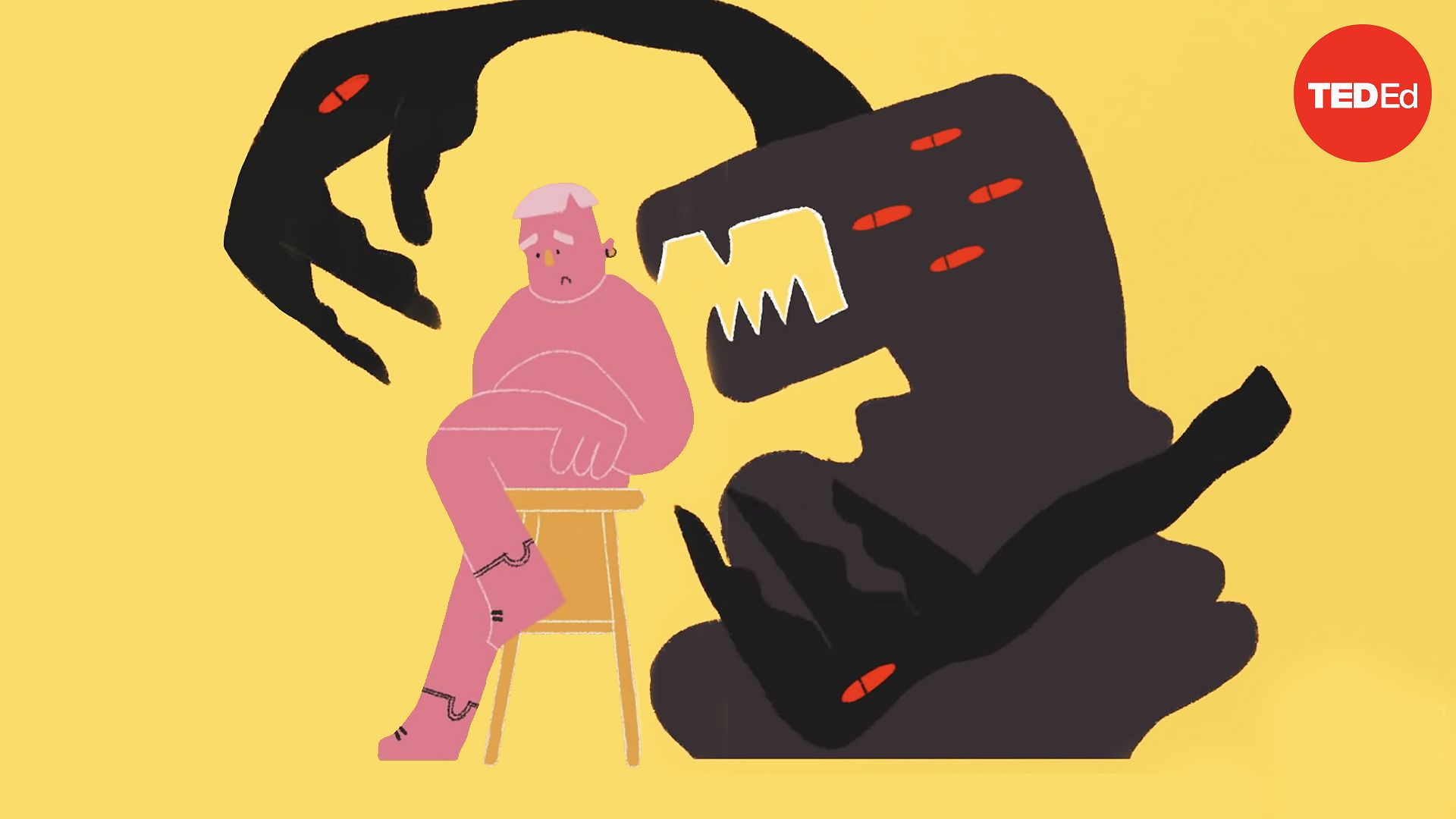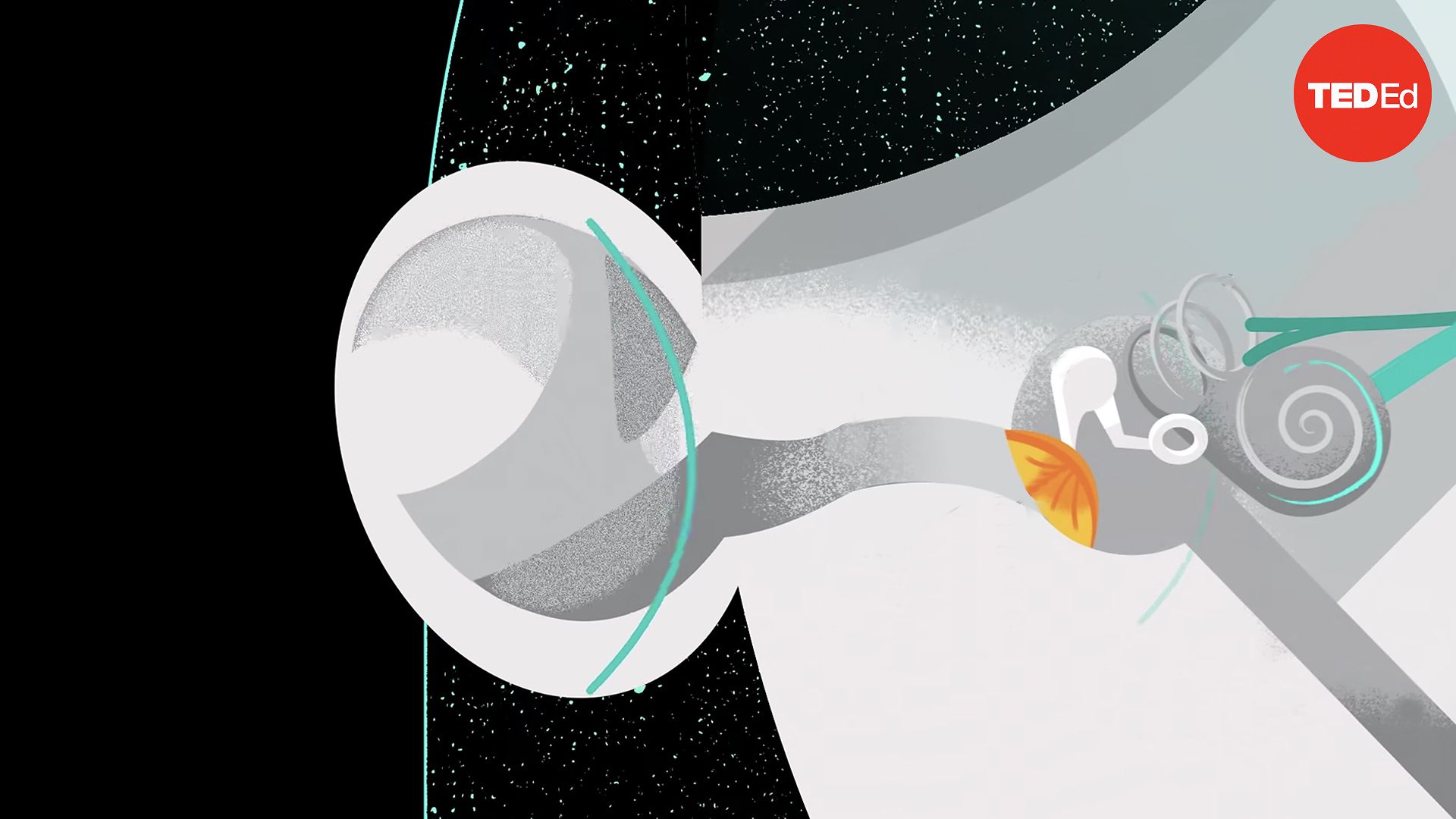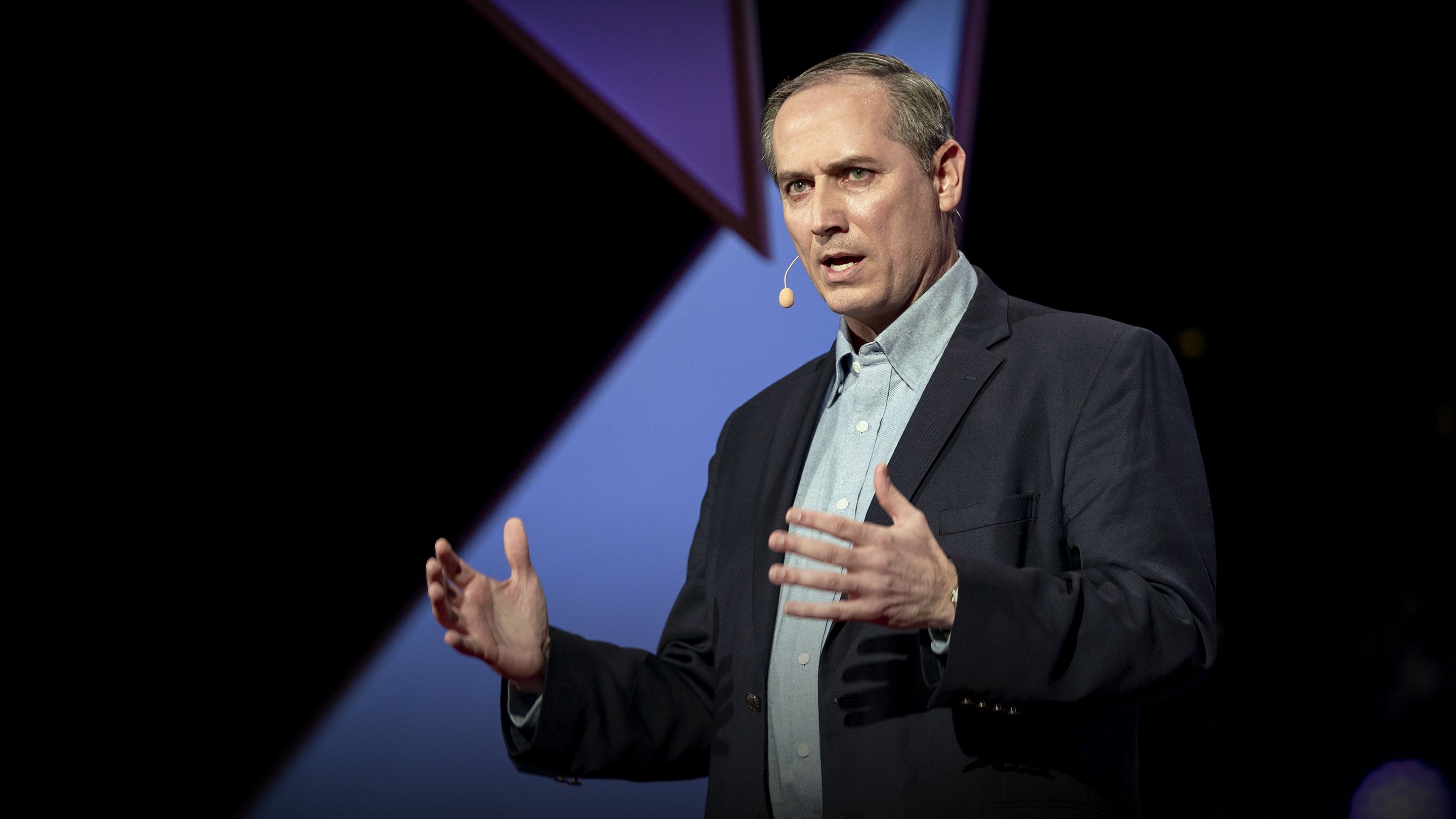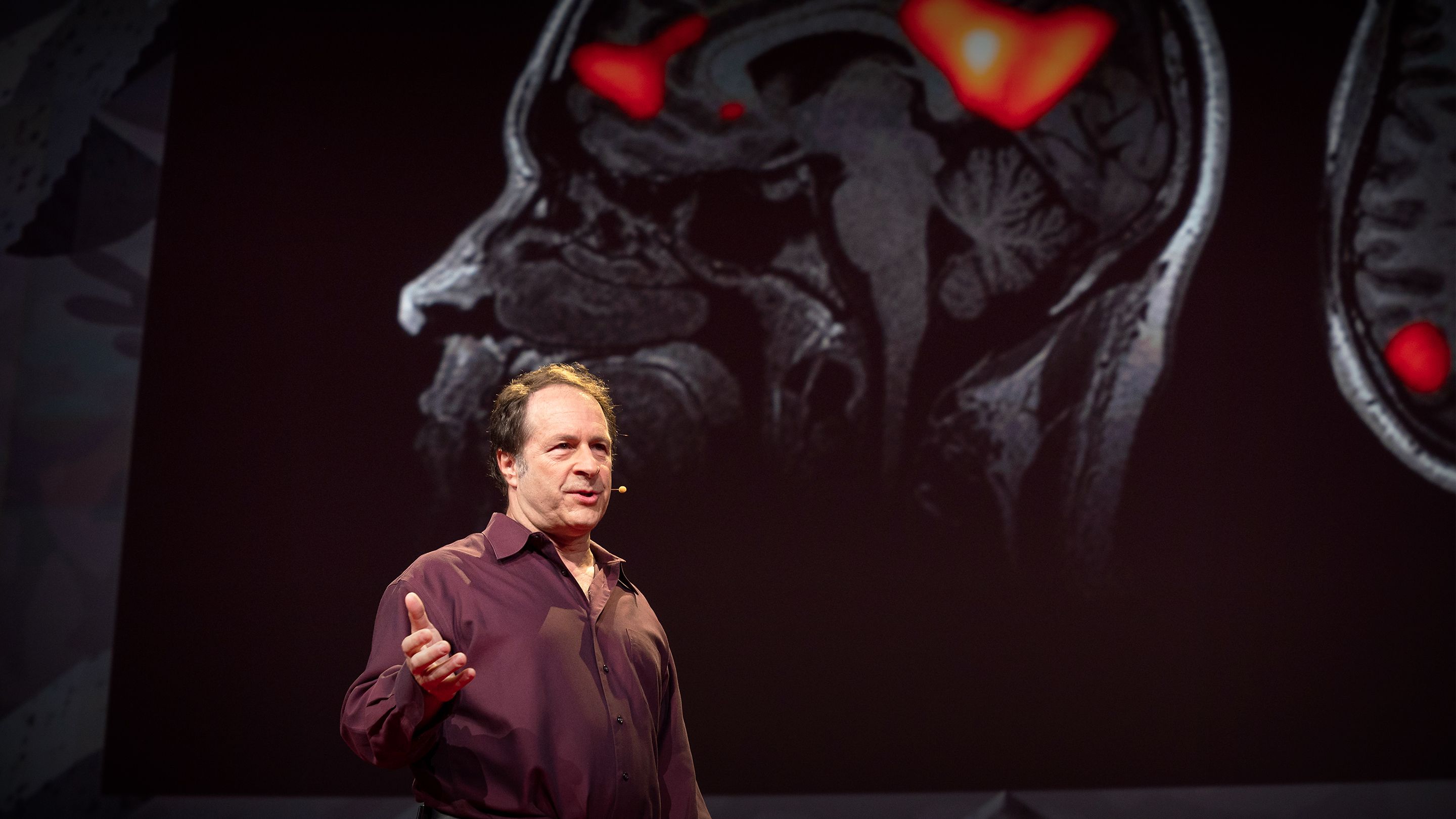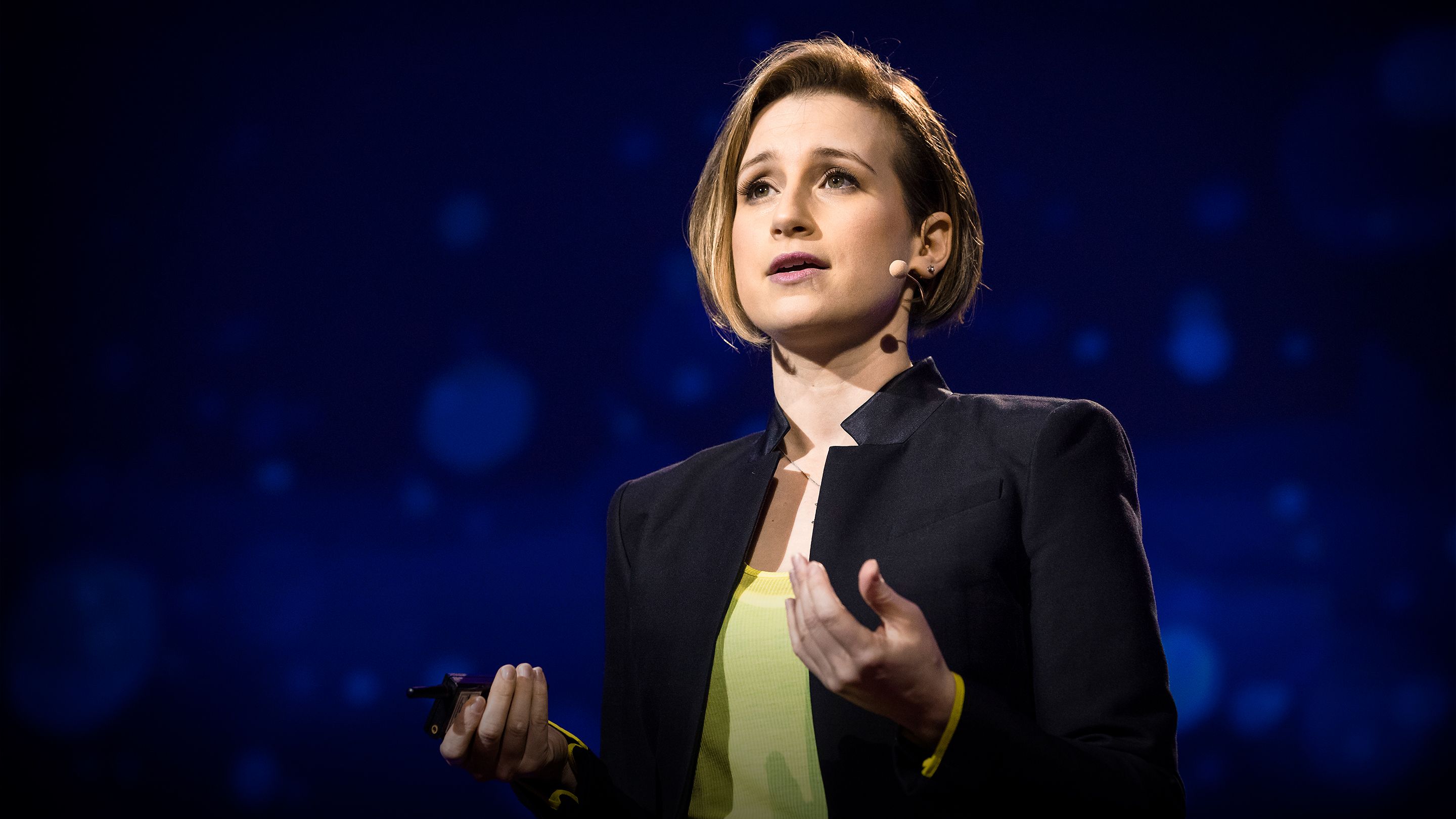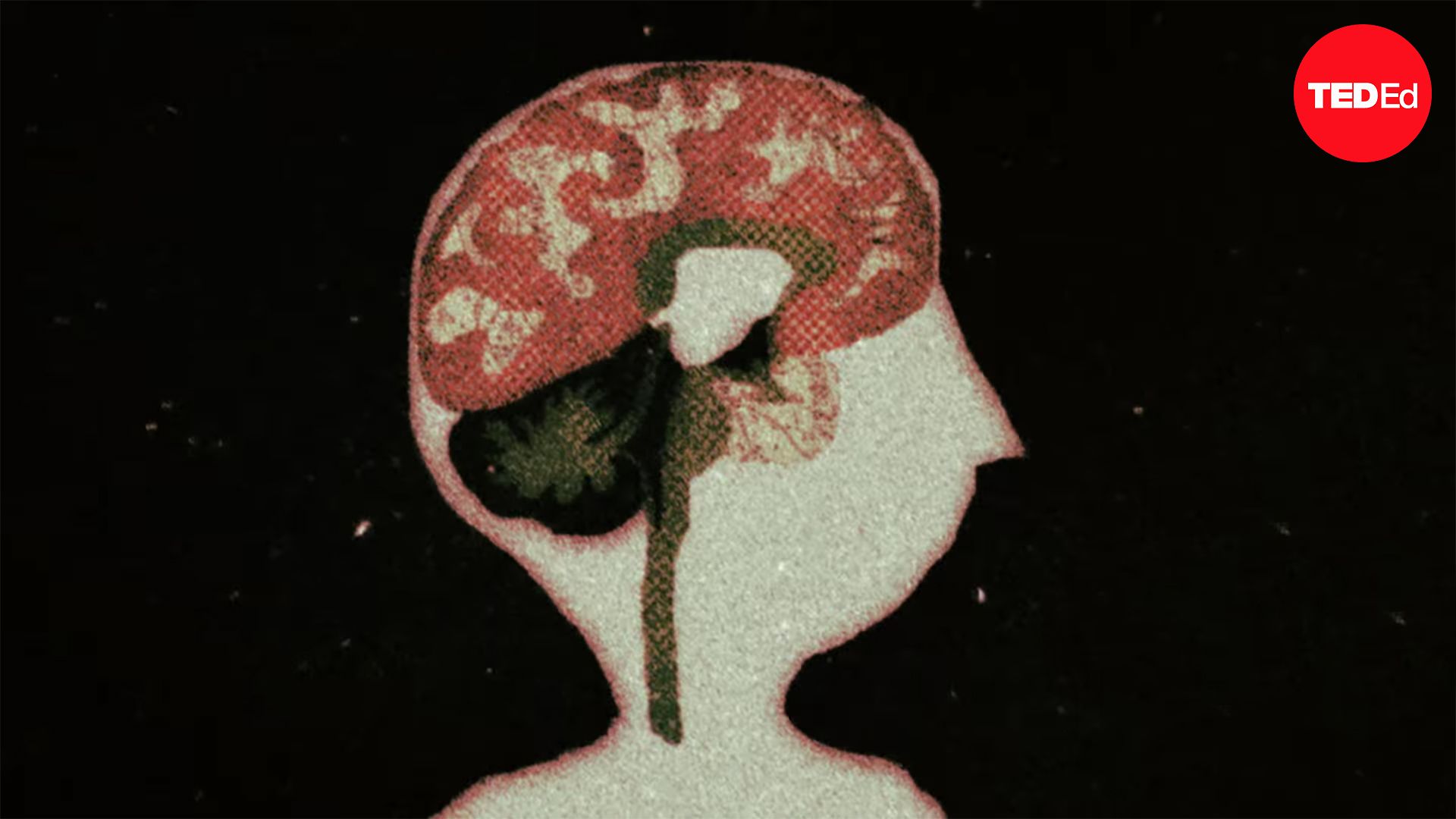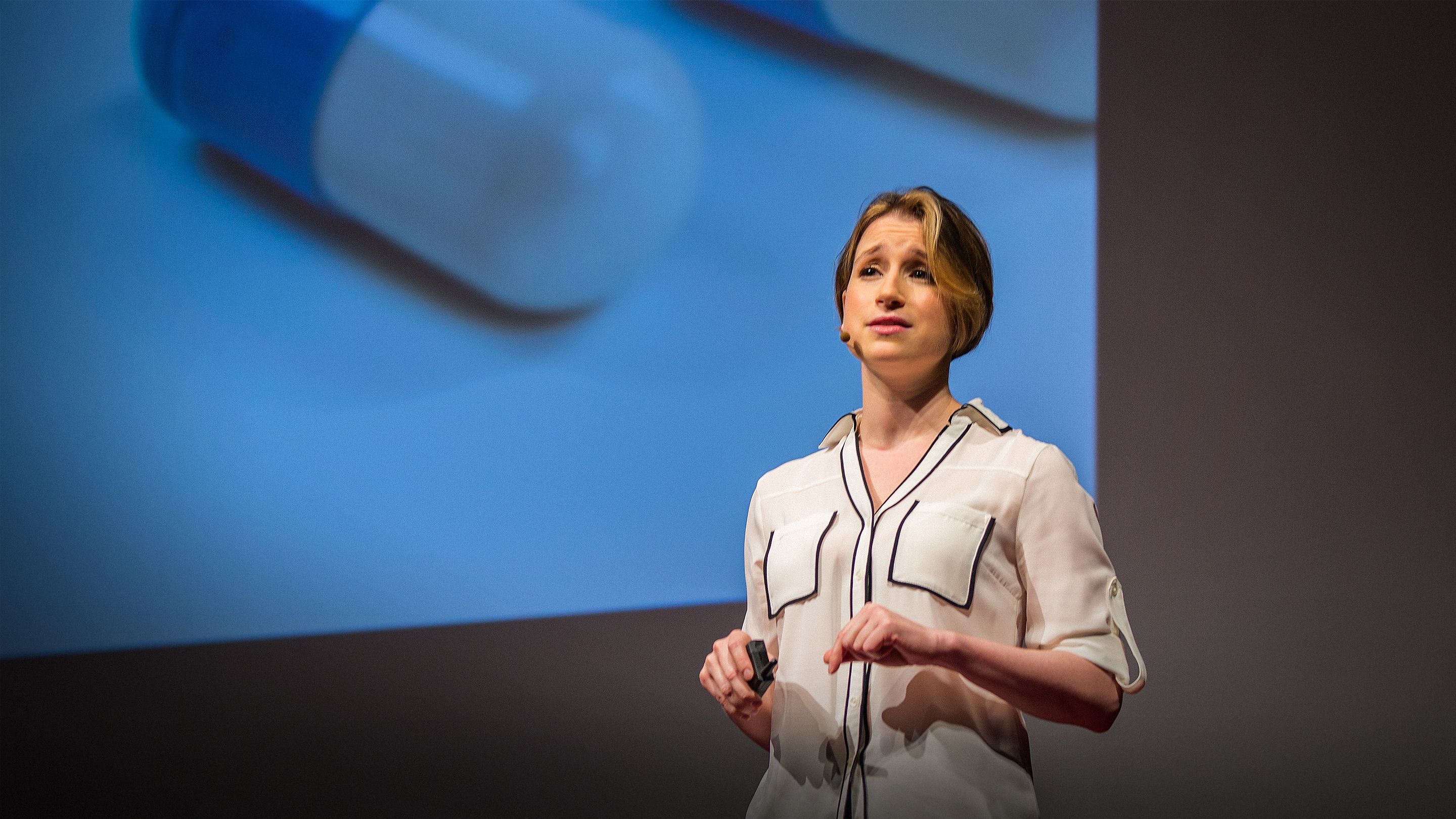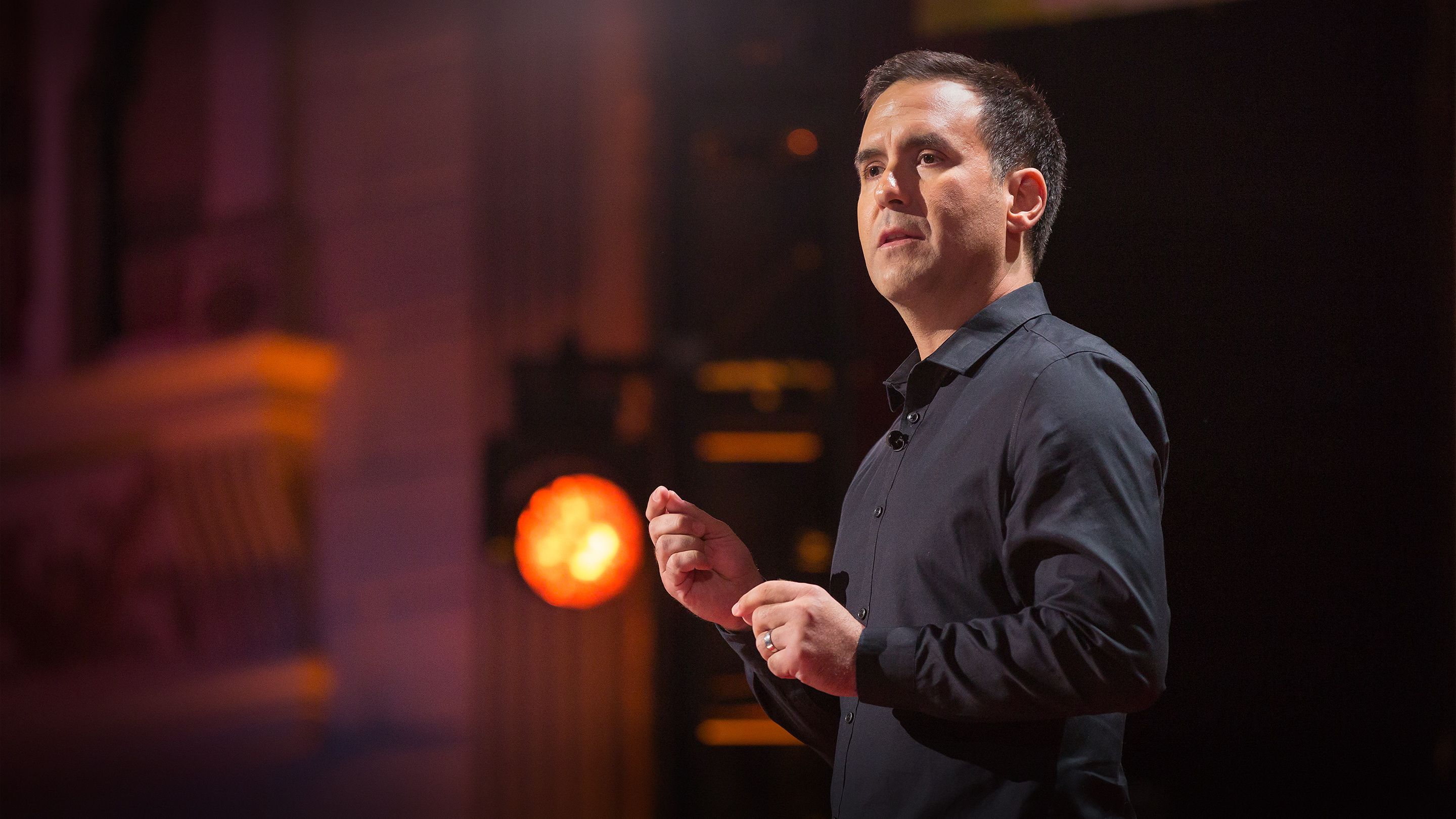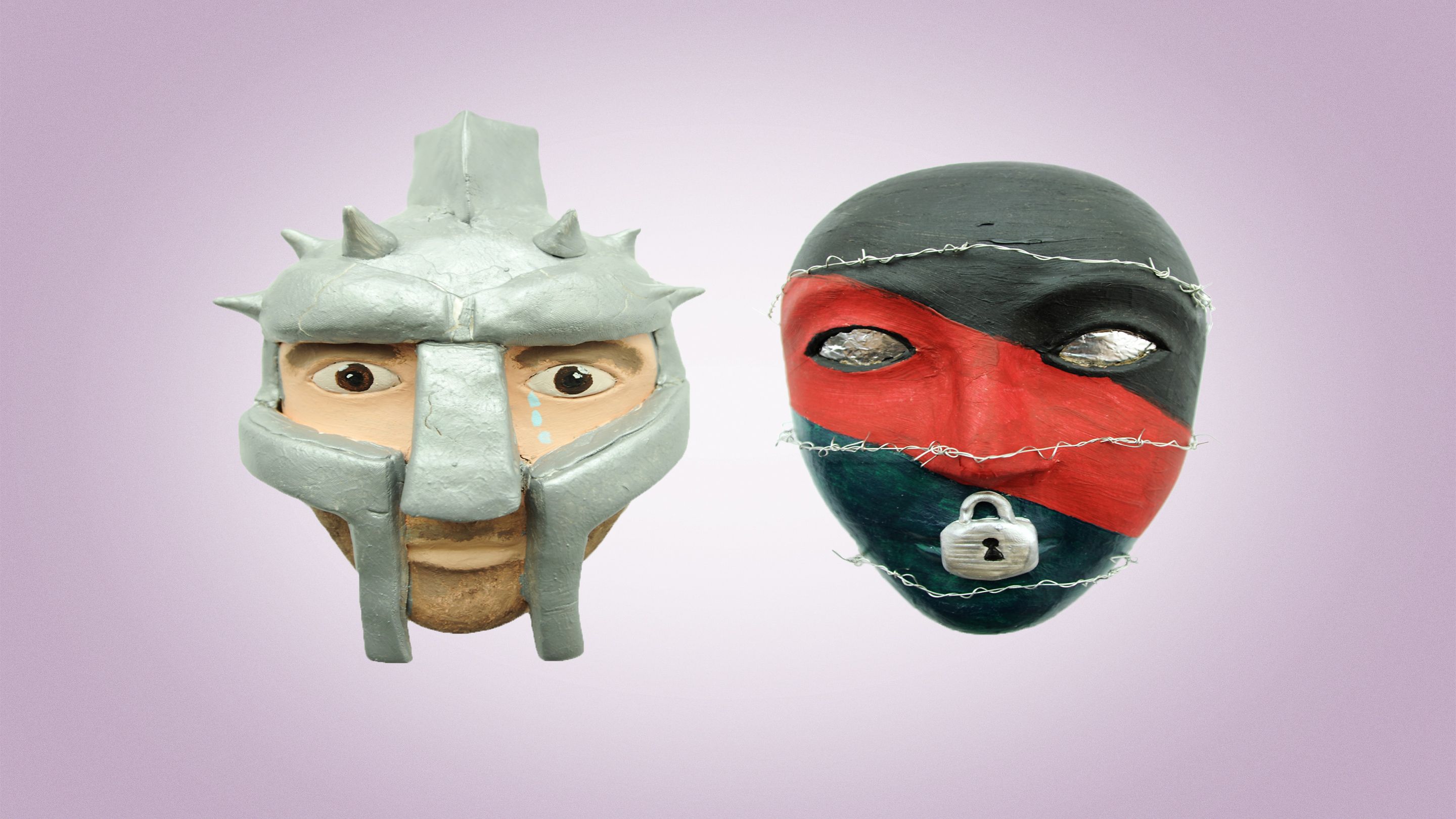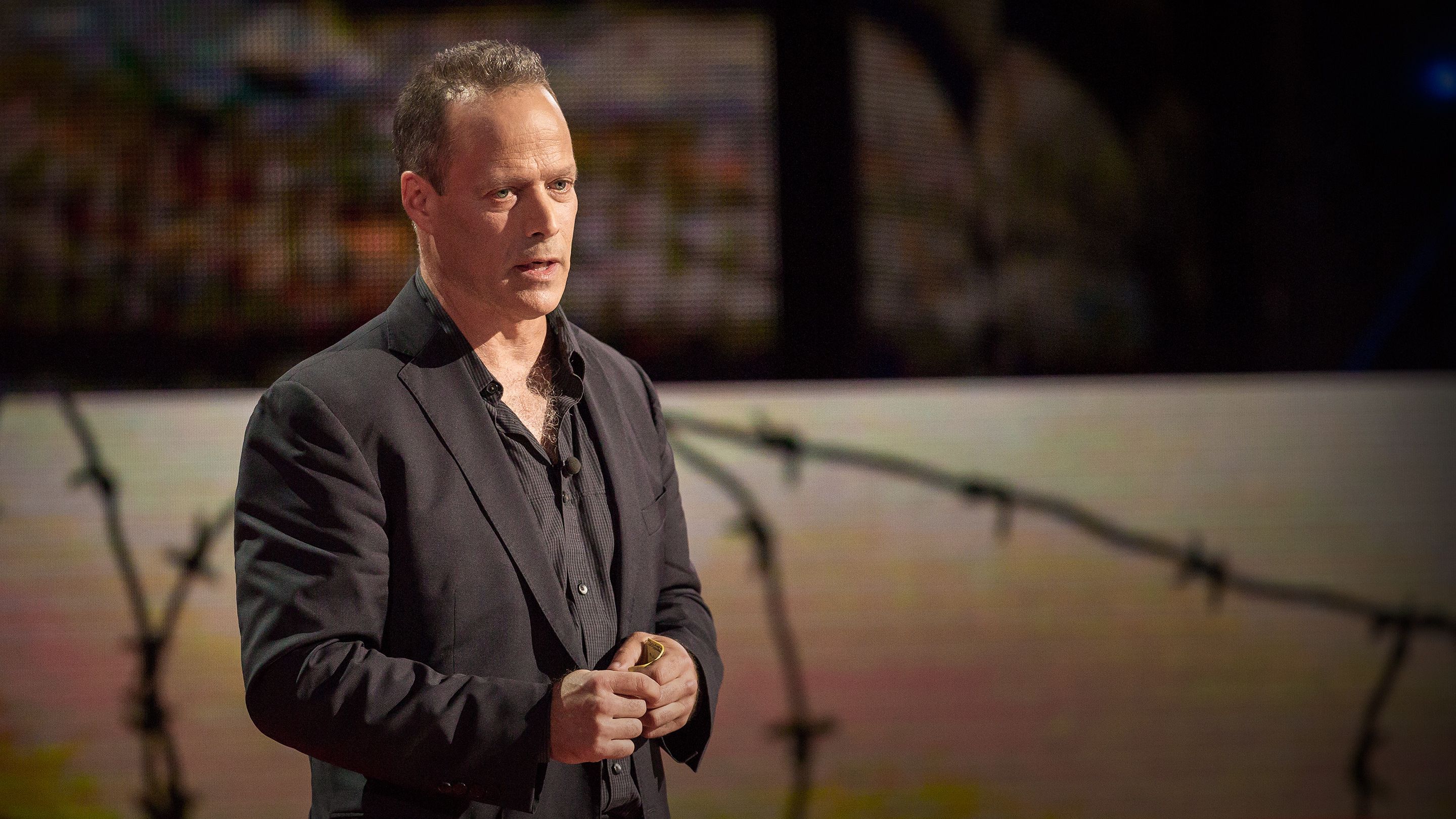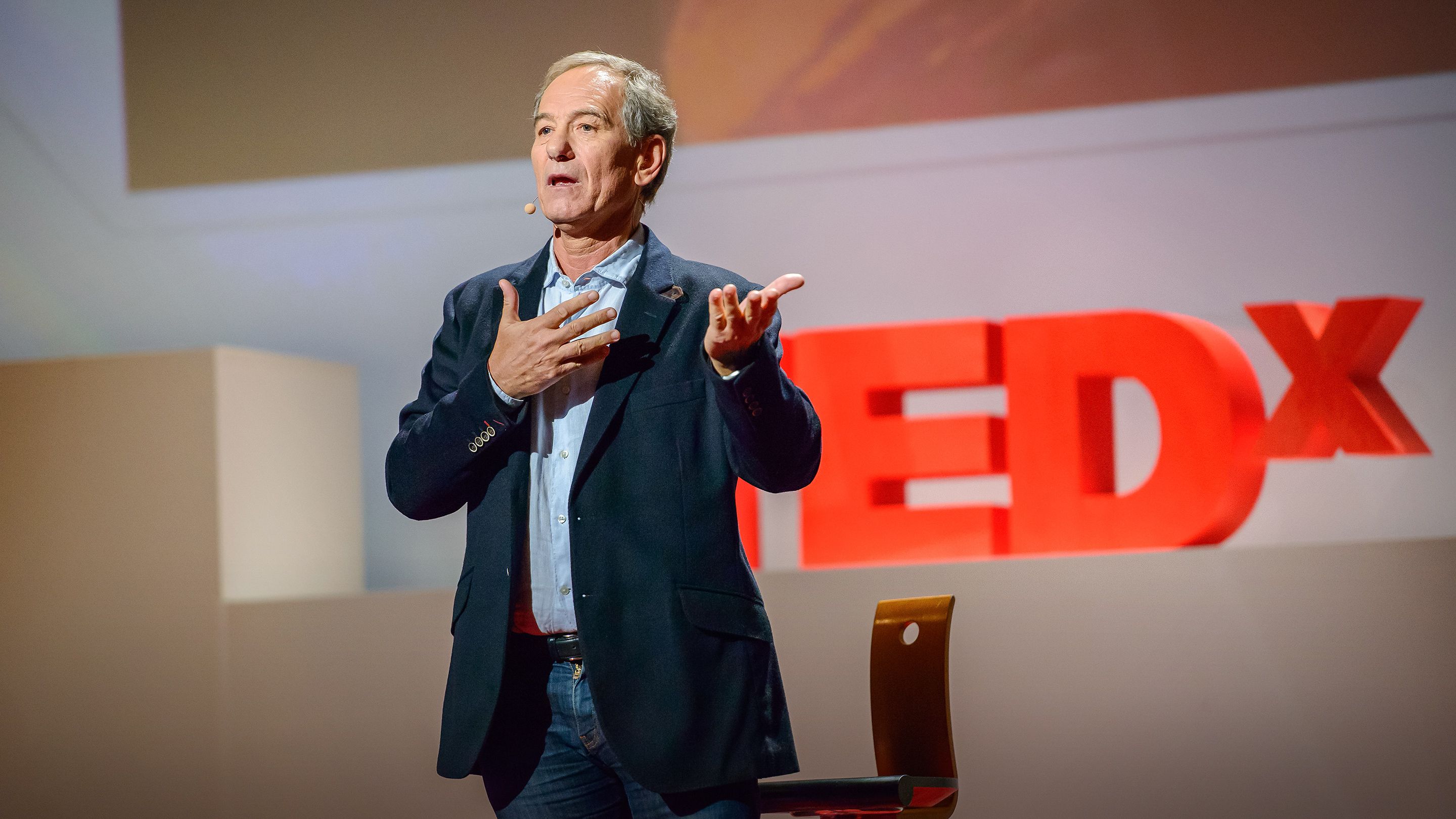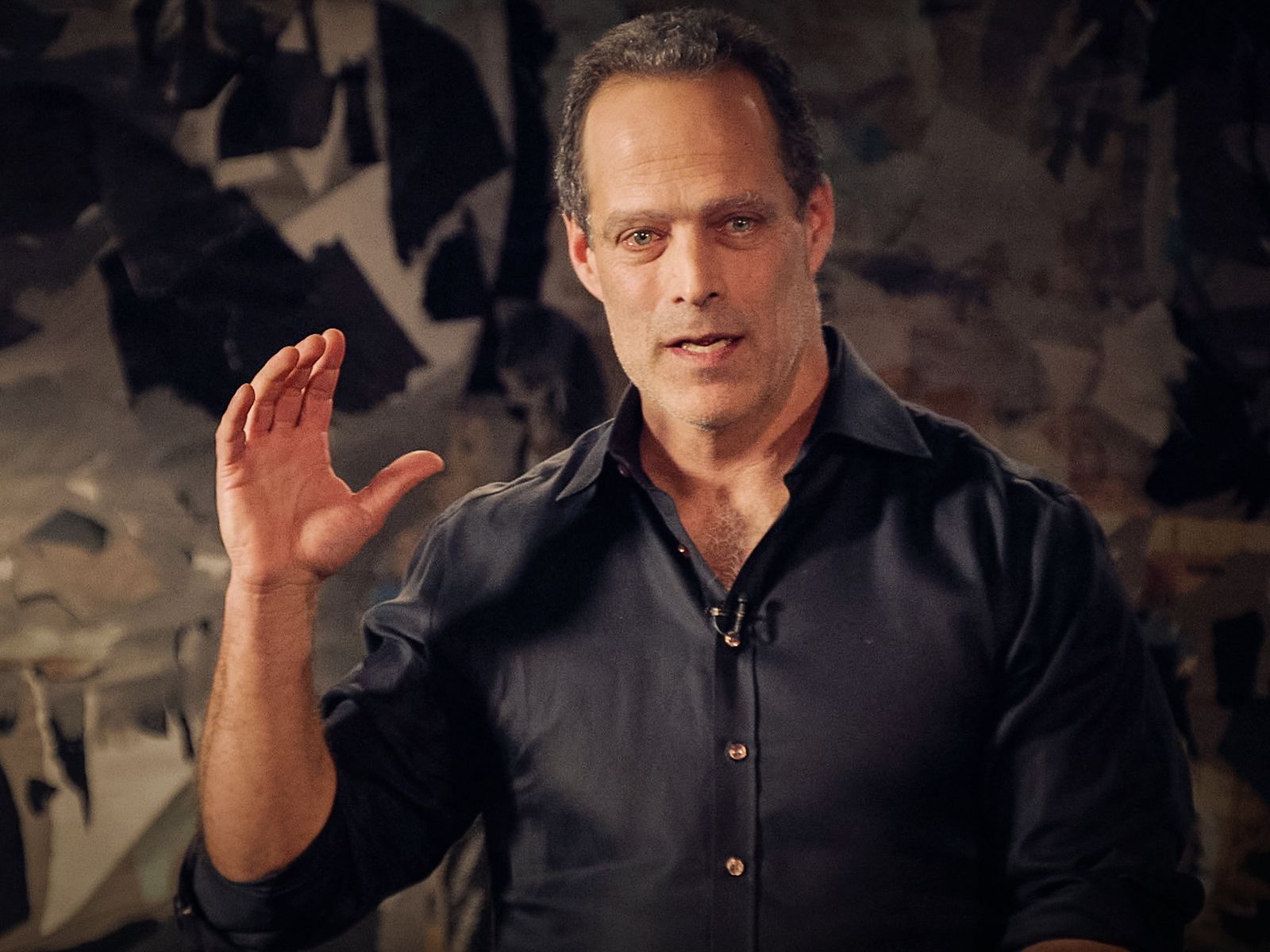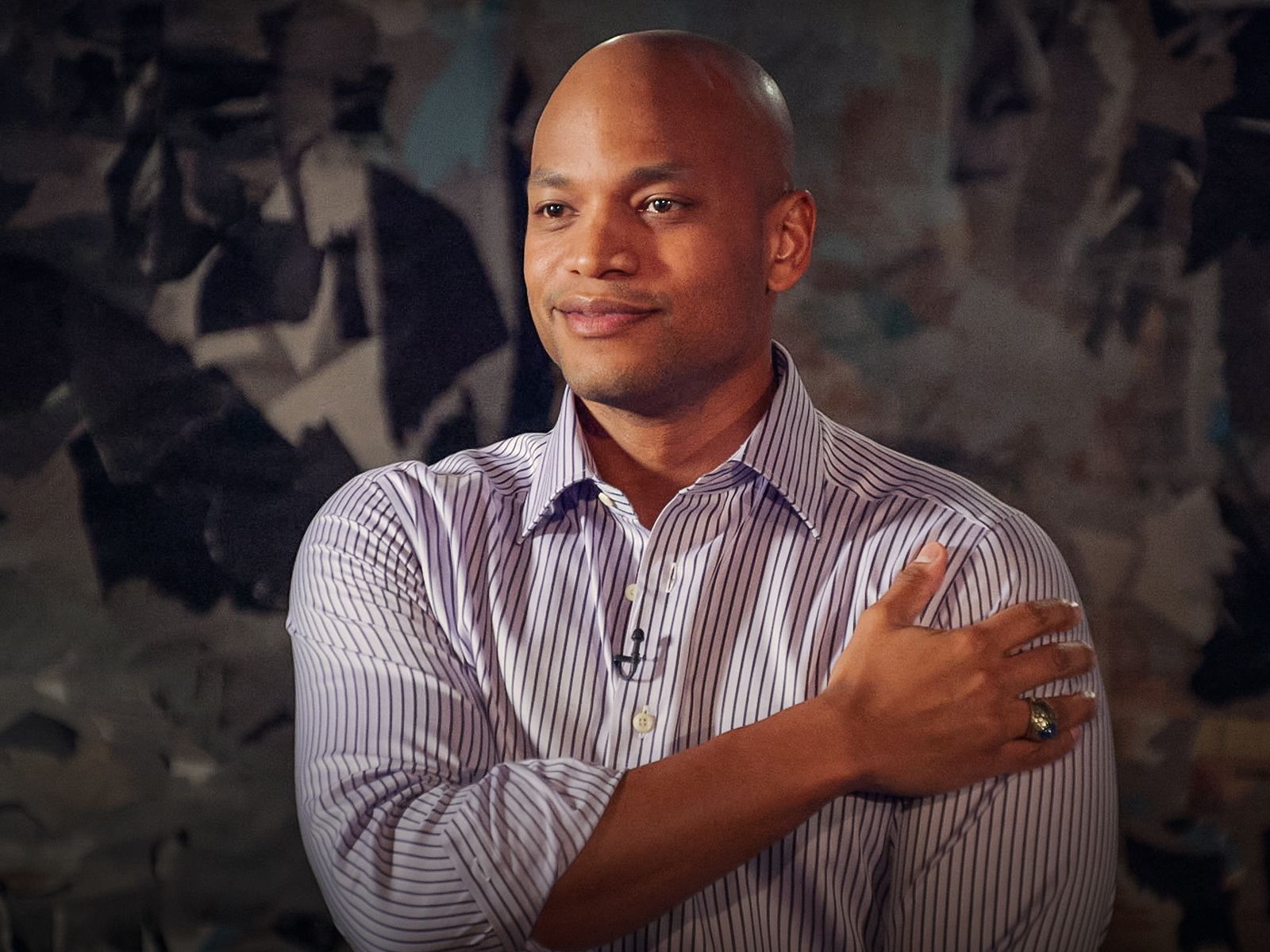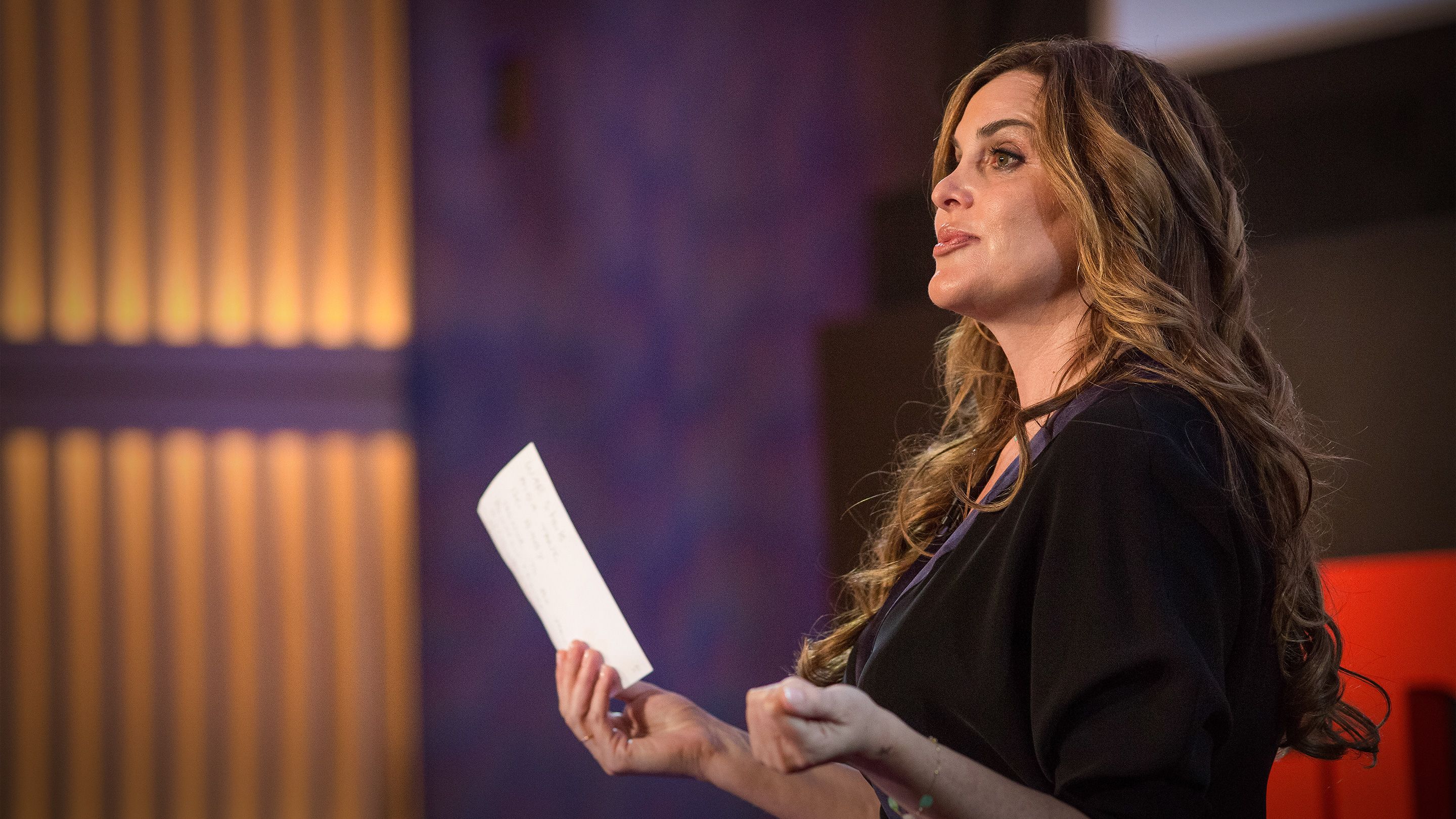PTSD
A collection of TED Talks (and more) on the topic of PTSD.
Video playlists about PTSD
Talks about PTSD
See all talks on PTSD
Exclusive articles about PTSD
Gallery: How these powerful masks are helping combat veterans heal
Art therapist Melissa Walker is using masks to allow service members with traumatic brain injuries express their deepest emotions and experiences, helping them and their loved ones.
Posted Nov 2016
What can we learn from how animals cope?
Author of the book Animal Madness, TED Fellow Laurel Braitman shares 5 ways in which animals and humans suffer from similar mental illnesses. Anthropomorphism run amok? You decide.
Posted Jun 2014
Think you’ve got a terrible memory? You don’t know the half of it
What happens when the technology for manipulation on the neural level becomes possible? Could there be a future therapy for people with depression or PTSD -- or heartbreak? Do people really want to have their memories manipulated? Elizabeth Loftus, Steve Ramirez and Xu Liu grapple with some big questions.
Posted Feb 2014

